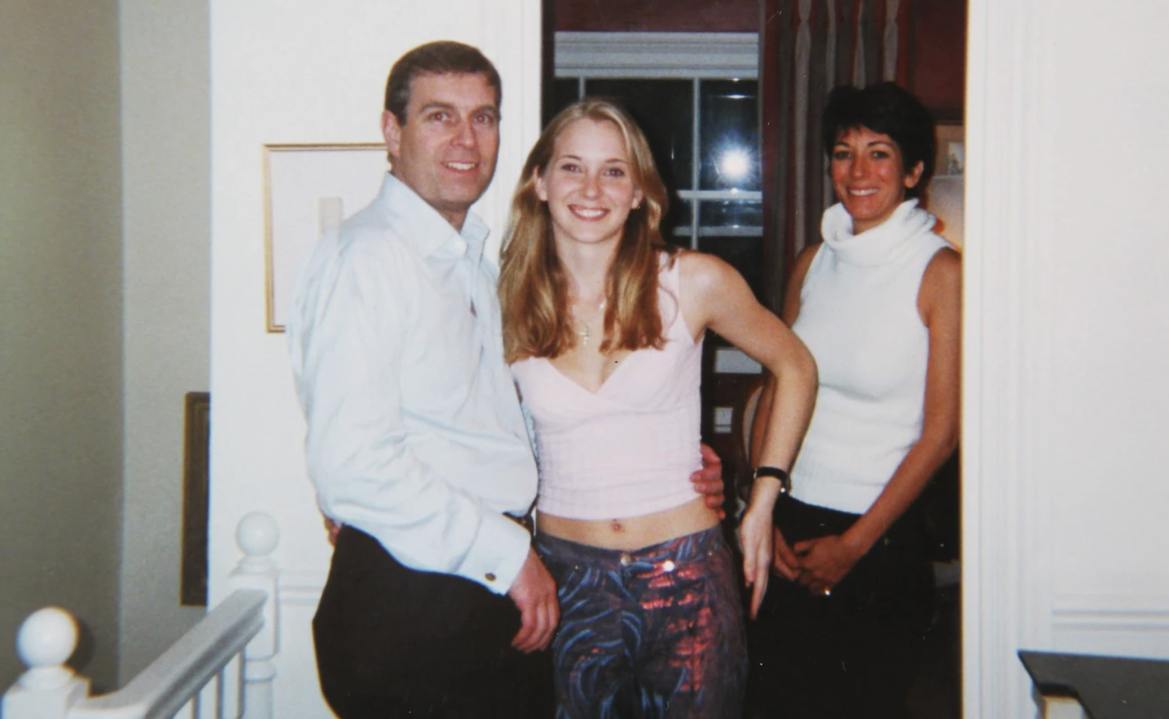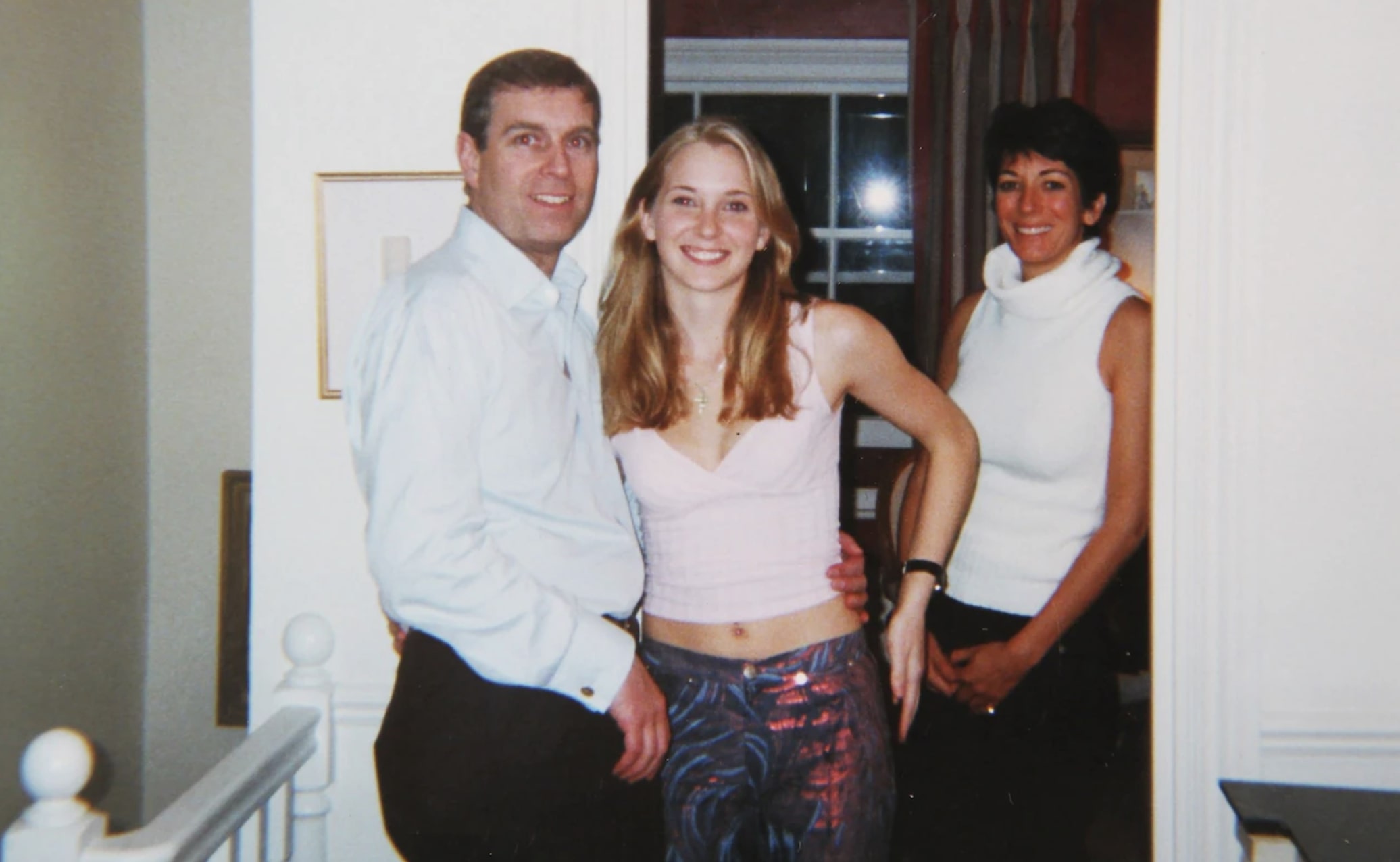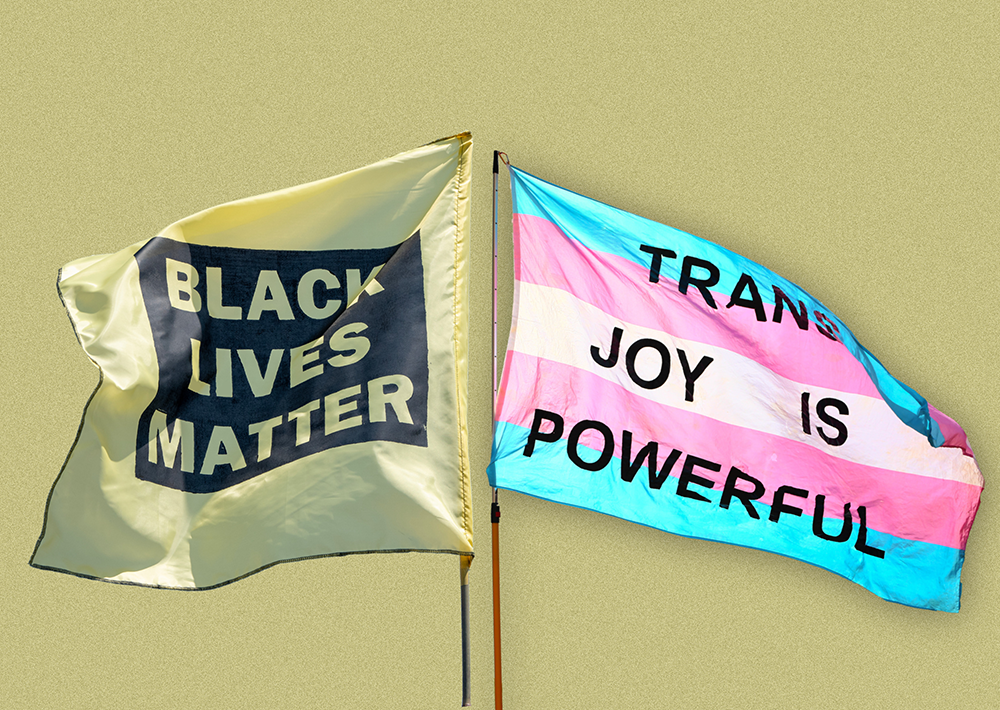There’s been speculation for some time, mostly hushed, occasionally not, that the Epstein case has not yet run its course. The settlement reached in Virginia Giuffre’s lawsuit was just that: a settlement, not an exoneration, and certainly not the end of the matter. Questions still hang in the air about who else was involved, who turned a blind eye, and what more may yet come to light.
Against that background, the decision to remove Prince Andrew’s remaining titles and honours, quietly but firmly, takes on a significance beyond court circular formalities. Whatever language is used to describe it, this was a final severing of public role from private person. He is no longer ‘His Royal Highness’, no longer Duke of York in practical terms, and no longer holds any ceremonial standing. His position as Counsellor of State remains on paper, but the rest has been cleared away.
Some will argue this is the first moment since the affair broke that Andrew has shown anything resembling contrition or acceptance of what his continued presence cost the institution, even if someone else has made the decision for him. The phrase ‘stepping back’ has been used before, but this time, the direction is unmistakably one-way. There will be no third act for Andrew.
But beyond the symbolism, it has legal consequences.
By relinquishing the last traces of official status, Andrew Windsor becomes, in effect, a private British citizen. That shift matters if, as many expect, further revelations emerge. Should the United States choose to pursue a criminal subpoena or, in time, an indictment, the process of securing his cooperation or extradition has become significantly more straightforward.
Let’s be clear. Being eighth in line to the throne does not carry any legal immunity. Nor does being a Counsellor of State. Those are constitutional roles, not legal shields. But until now, his position as a senior royal carried a kind of informal protection: ministers were wary, officials cautious, and foreign governments reluctant to test the boundaries of diplomacy when dealing with someone styled ‘HRH’ and attending national ceremonies in military uniform.
That complication is now gone.
And it goes at a time when the temperature is rising again in Washington. A discharge petition in the US House of Representatives, currently stuck at 217 signatures, would, with one more name, compel the release of sealed Justice Department files relating to Epstein. The final signature is expected to come from newly elected Congresswoman Adelita Grijalva, whose swearing-in has been conspicuously delayed. The implication is not subtle: that her presence would tip the balance in favour of disclosure, and that certain forces would rather it didn’t happen.
Should that petition succeed, and the legislation move forward, a flood of previously sealed material may come into public and legal view, including redacted names, victim testimony, flight logs, communications, and depositions never admitted at trial. There is credible speculation that among the still-concealed documents lie fresh references to Andrew: not necessarily new offences, but occasions, associations, and names which may sharpen the legal and moral picture.
Of course, Andrew has always insisted on his innocence and that must still be presumed. He denies the allegations made against him and always has, and no criminal charges have ever been brought. But it may be that the American authorities now invite him to prove that – and the reality is that there are few practical, let alone legal, obstacles left to such a request. The Home Secretary would no longer be weighing constitutional symbolism or diplomatic embarrassment. She would be dealing with a man. Not a prince.
The Palace has moved first. The difficulty has been neutralised
Could such a request still be challenged? Yes, on technicalities, or perhaps on health grounds. But the argument that this would provoke a diplomatic crisis or bring the monarchy into disrepute no longer holds. The Palace has moved first. The difficulty has been neutralised.
There will be those who see this as the Royal Household acting to protect itself from future fallout as part of a ruthless calculation. That is part of their job and that may well be true. But it also clears the path for the legal system, here or in the US, to do its work, if that moment come.
What remains is a figure no longer protected by status, no longer defended by ceremony, and no longer insulated by public role. If the Epstein ghost yields more than it already has, and few doubt that it will, he will face those consequences as Andrew Windsor and this sorry saga may still not be done.








Comments